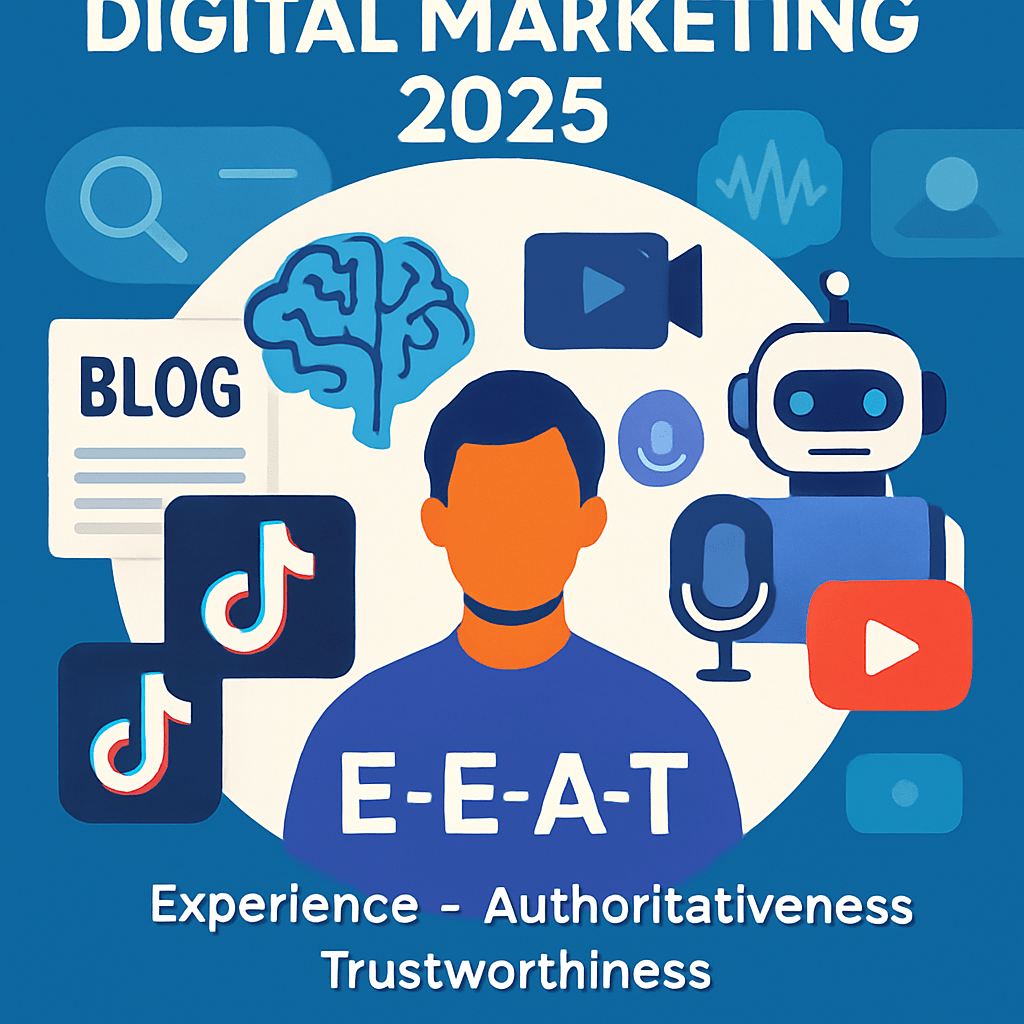The AI Enigma: Will Our Jobs Vanish, or Will We Evolve?
The hum of artificial intelligence is growing louder, permeating every facet of our lives, from the mundane to the magnificent. And with this accelerating rhythm, a question echoes across cubicles, factory floors, and creative studios alike: “Will AI replace my job?”
It’s a fear as old as technological progress itself. From the Luddites smashing looms to today’s anxieties about algorithms, humanity has always grappled with the disruptive force of innovation. But is AI truly different? Is this the wave that will finally sweep away swaths of human employment, or is it a tide that will reshape the landscape, revealing new islands of opportunity?
Let’s ditch the doomsaying and delve into the fascinating, complex reality.
The Automation Avalanche: Where AI Does Shine
Undeniably, AI excels at tasks that are:
- Repetitive and routine: Think data entry, basic customer service inquiries, assembly line operations, and even some aspects of accounting and legal research. AI’s speed and accuracy in these areas are unmatched.
- Data-intensive: Analyzing vast datasets, identifying patterns, and making predictions is AI’s playground. This impacts roles in market research, financial analysis, and even diagnostics in healthcare.
- Predictable and rule-based: If a task can be broken down into a series of logical steps, AI can likely learn and execute it.
So, yes, certain jobs or, more accurately, certain tasks within jobs, are highly susceptible to automation. The notion of a “cashier-less” supermarket or AI-powered chatbots handling initial customer queries is no longer science fiction – it’s already here.
The Irreplaceable Human Touch: Where AI Falls Short (For Now)
But here’s where the narrative shifts. AI, for all its prowess, currently lacks the very essence of what makes us human:
- Creativity and Originality: While AI can generate art, music, and text, it operates on existing data and patterns. True innovation, the spark of a truly novel idea, the ability to think outside the box – that remains a uniquely human domain. Artists, writers, strategists, and innovators still hold a significant edge.
- Emotional Intelligence and Empathy: Building rapport, understanding nuanced emotions, providing genuine comfort or motivation – these are things AI struggles with. Roles requiring high levels of interpersonal interaction, such as therapists, teachers, HR professionals, and even skilled salespersons, are less vulnerable.
- Critical Thinking and Complex Problem Solving (especially with ambiguity): While AI can process information, it often lacks the contextual understanding, ethical reasoning, and adaptability to navigate truly ambiguous or novel situations. Human judgment, especially in high-stakes scenarios, remains paramount.
- Adaptability and Learning Beyond Programmed Parameters: Humans can learn from single experiences, adapt to entirely new circumstances, and apply knowledge across vastly different domains. AI typically requires vast amounts of data and specific training for each new task.
The Rise of the “Centaur” – Human-AI Collaboration
The most likely future isn’t one where humans are replaced, but one where we collaborate. Imagine:
- Doctors using AI to analyze medical images and suggest diagnoses, while they focus on patient interaction and complex treatment plans.
- Lawyers leveraging AI for legal research and document review, dedicating more time to courtroom strategy and client counsel.
- Marketers using AI to personalize campaigns and analyze data, freeing them to craft compelling narratives and foster brand loyalty.
- Engineers employing AI to optimize designs and simulate scenarios, allowing them to push the boundaries of innovation.
This “centaur” model, where human intuition and creativity are augmented by AI’s analytical power, promises unprecedented levels of productivity and innovation. New job roles are already emerging – prompt engineers, AI trainers, AI ethicists, data curators – all roles that bridge the gap between human and machine.
Adapting to the New Frontier: The Key to Thriving
The real challenge isn’t whether AI will replace jobs, but whether we, as individuals and as a society, are prepared to adapt. This means:
- Upskilling and Reskilling: Investing in continuous learning to acquire skills that complement AI, such as critical thinking, creativity, emotional intelligence, and digital literacy.
- Embracing Lifelong Learning: The days of a single career path are fading. We must cultivate a mindset of continuous learning and reinvention.
- Focusing on Uniquely Human Strengths: Cultivating empathy, storytelling, strategic vision, and complex problem-solving will be more crucial than ever.
The future of work isn’t a dystopian landscape devoid of human endeavor. Instead, it’s a dynamic, evolving ecosystem where AI acts as a powerful tool, empowering us to achieve more, focus on higher-value tasks, and perhaps, even find new meaning in our professional lives. The question isn’t “Will AI replace us?” but rather, “How will we evolve alongside it?” And in that evolution lies an exciting, if challenging, new chapter for humanity.








